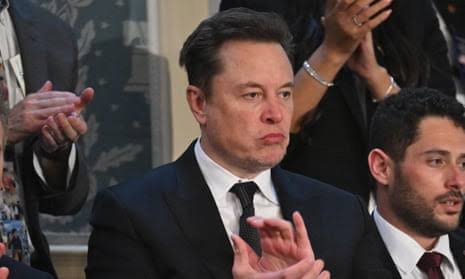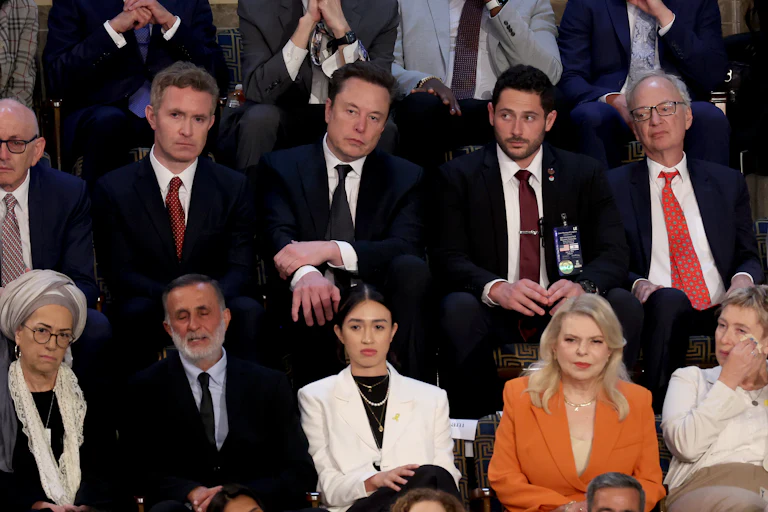Elon Musk, the CEO of Tesla and SpaceX, made headlines recently by attending Israeli Prime Minister Benjamin Netanyahu’s address to Congress as his guest. This marked Netanyahu’s fourth address to a joint meeting of Congress, and Musk’s presence added a notable twist to the event. The billionaire entrepreneur, known for his innovative ventures and outspoken nature, attended the address amidst a backdrop of significant geopolitical tensions.

Elon Musk’s Starlink in Gaza: A step towards connectivity in conflict zones, discussed alongside Netanyahu’s speech. #MuskAtCongress #TechForGood
Musk’s appearance at the event comes shortly after he announced that his satellite internet company, Starlink, had been activated in a Gaza hospital. This move was part of Starlink’s broader mission to provide internet access in remote and underserved areas, highlighting Musk’s interest in leveraging technology to address global challenges. The decision to activate Starlink in Gaza was seen as a humanitarian gesture, aimed at supporting critical infrastructure in a region that has experienced considerable conflict and instability.
However, Musk’s attendance at Netanyahu’s address was not without controversy. Vice President Kamala Harris and more than 30 members of Congress chose not to attend the speech. Their absence was viewed as a political statement, reflecting the complexities of U.S.-Israel relations and differing perspectives on Netanyahu’s policies. The event itself drew a mix of reactions, underscoring the contentious nature of Middle Eastern politics and the varying viewpoints within the U.S. political landscape.
Musk’s involvement in international affairs, particularly his activation of Starlink in Gaza, demonstrates his willingness to engage with global issues beyond his business ventures. The deployment of Starlink in Gaza was intended to provide reliable internet access in a critical healthcare setting, potentially aiding medical professionals and patients alike. This action aligns with Musk’s broader vision of using technology to solve real-world problems, a theme consistent throughout his career.

Starlink’s humanitarian move in Gaza and Musk’s presence in Congress draw global attention. 🌍 #ElonMusk #StarlinkGaza
The intersection of Musk’s technological initiatives and international politics was further highlighted by his presence at Netanyahu’s address. As a prominent figure in the tech industry, Musk’s actions and statements often garner significant attention, influencing public discourse and policy considerations. His decision to attend the address can be interpreted in various ways, from a diplomatic gesture to a personal interest in global political dynamics.
The broader implications of Musk’s engagement with geopolitical issues raise questions about the role of technology leaders in international affairs. As companies like SpaceX and Starlink become increasingly influential, their leaders’ decisions and affiliations can have far-reaching consequences. Musk’s attendance at Netanyahu’s address, coupled with his actions in Gaza, illustrates the growing overlap between technology, politics, and humanitarian concerns.
In conclusion, Elon Musk’s attendance at Israeli Prime Minister Benjamin Netanyahu’s address to Congress as his guest, following his announcement about Starlink’s activation in a Gaza hospital, underscores his multifaceted engagement with global issues. The absence of key U.S. political figures from the event highlights the complex and often contentious nature of U.S.-Israel relations. As Musk continues to leverage his technological enterprises to address global challenges, his influence extends beyond business into the realms of politics and international relations, shaping the conversation on critical issues.